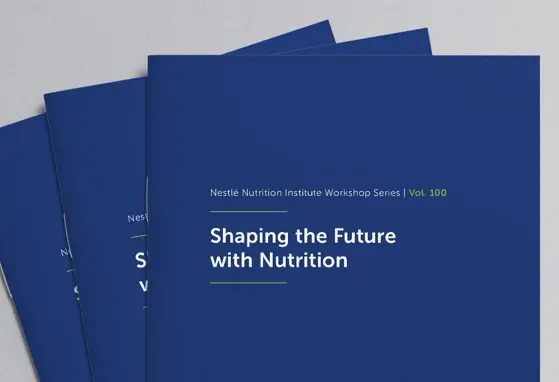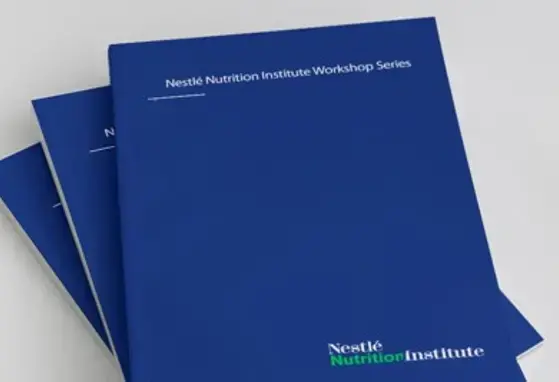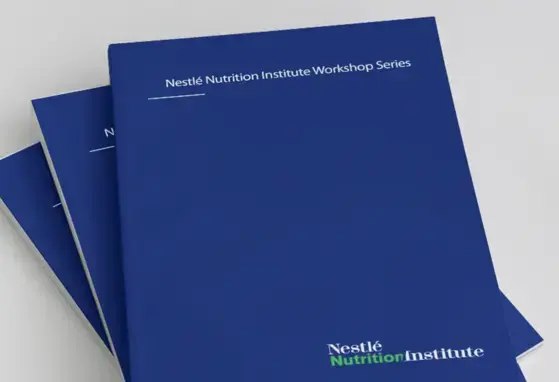NNI Workshop Series
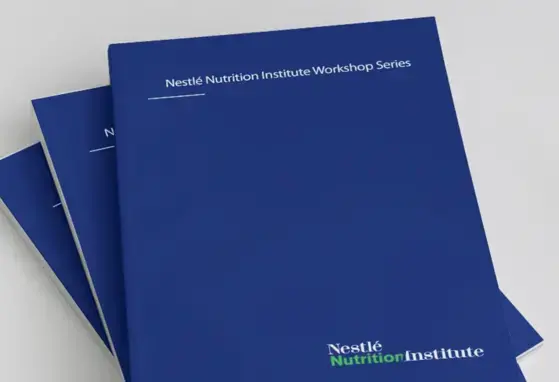
NNIW97 - Intersections of Nutrition: Retracing Yesterday, Redefining Tomorrow
NNIW97 - Intersections of Nutrition: Retracing Yesterday, Redefining Tomorrow
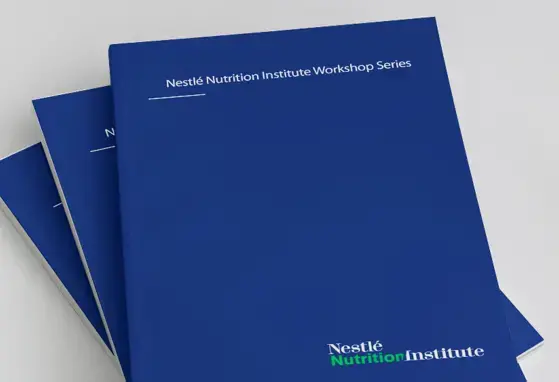
NNIW96 - Strategies in neonatal care to promote optimized growth and development: Focus on low birth weight infants
NNIW96 - Strategies in neonatal care to promote optimized growth and development: Focus on low birth weight infants
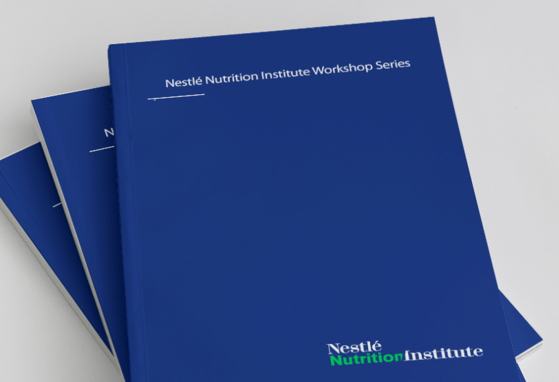
NNIW 95 - Building Future Health and Well-Being of Thriving Toddlers and Young Children
NNIW 95 - Building Future Health and Well-Being of Thriving Toddlers and Young Children

NNIW94 - Milk, Mucosal Immunity & the Microbiome: Impact on the Neonate
NNIW94 - Milk, Mucosal Immunity & the Microbiome: Impact on the Neonate
